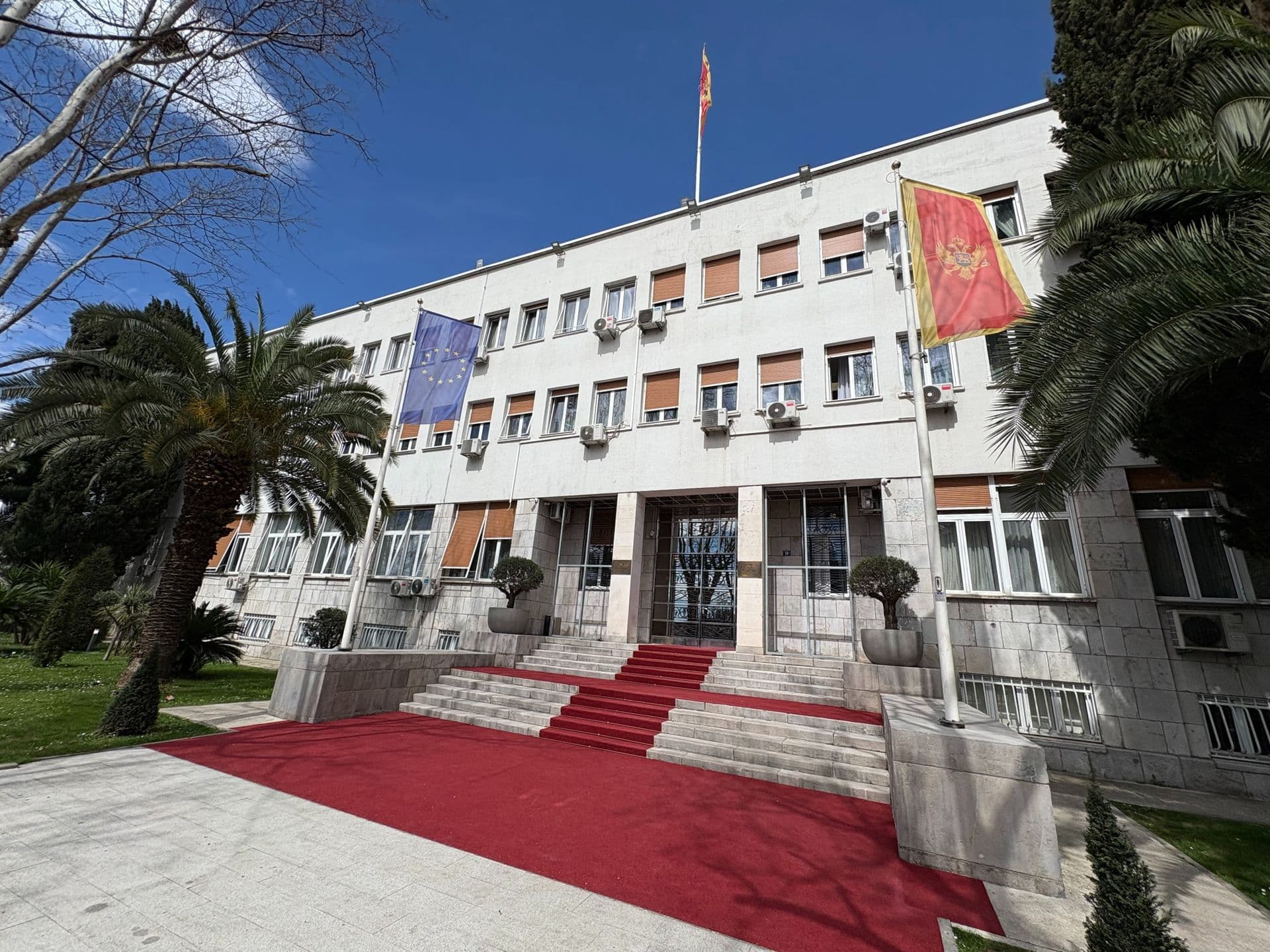Sports
Montenegro’s Assembly Rejects Key Judicial Reports Amid Controversy

The Assembly of Montenegro failed to approve the reports from the State Prosecutor’s Office and the Judicial Council for the previous year during a session held on the evening of March 12, 2024. This decision came after a significant voting discrepancy, with 24 members opposing the report on the Prosecutor’s Office, while only 11 supported it, and 20 members abstained. The rejection of these reports raises questions about the current state of Montenegro’s judicial system.
During the assembly meeting, Milorad Marković, the Chief State Prosecutor, presented the findings of the State Prosecutor’s Office. He stated that the results indicate the office’s active participation in international judicial processes and its recognition as a credible partner. Marković emphasized that the achievements from the past year reflect a stable and professional prosecutorial system focused on future improvements. He claimed, “The reforms implemented have laid the groundwork for modernization and transparency in operations.”
In addition to the Prosecutor’s Office report, the Assembly also voted on the Judicial Council’s report, which received 14 votes in favor, 13 against, and 20 abstentions. Valentina Pavličić, the President of the Supreme Court, highlighted some progress in judicial efficiency. She mentioned that international partners have acknowledged the improvements but pointed out a significant shortage of judges in Montenegro, which has resulted in delays that have persisted for several years.
According to Pavličić, the backlog of cases is not a recent issue but rather a culmination of challenges faced over the past five years. She noted that in the last ten months, there has been substantial progress in addressing cases related to organized crime and high-level corruption, stating, “As of today, the specialized department in Podgorica has achieved over 110 percent efficiency after ten years.”
Pavličić’s comments suggest a positive shift in the perception of the judicial system, reflecting improvements in the handling of significant cases. Despite the setbacks in the assembly’s voting, she remains optimistic about the future of Montenegro’s judiciary.
The rejection of these important reports by the Assembly signifies ongoing tensions within Montenegro’s political landscape, particularly concerning the effectiveness and credibility of its judicial institutions. The outcome may impact future reforms and the overall trust in the judicial system as the country navigates its path forward.
-

 World1 day ago
World1 day agoCoronation Street’s Shocking Murder Twist Reveals Family Secrets
-

 Entertainment4 months ago
Entertainment4 months agoKate Garraway Sells £2 Million Home Amid Financial Struggles
-

 Entertainment3 months ago
Entertainment3 months agoAnn Ming Reflects on ITV’s ‘I Fought the Law’ Drama
-

 Health3 months ago
Health3 months agoKatie Price Faces New Health Concerns After Cancer Symptoms Resurface
-

 Entertainment3 weeks ago
Entertainment3 weeks agoCoronation Street Fans React as Todd Faces Heartbreaking Choice
-

 World3 weeks ago
World3 weeks agoBailey Announces Heartbreaking Split from Rebecca After Reunion
-

 World4 days ago
World4 days agoKevin Sinfield Exceeds Fundraising Goal Ahead of Final Marathons
-

 Entertainment3 months ago
Entertainment3 months agoCoronation Street’s Carl Webster Faces Trouble with New Affairs
-

 Entertainment4 days ago
Entertainment4 days agoTwo Stars Evicted from I’m A Celebrity Just Days Before Finale
-

 Entertainment3 months ago
Entertainment3 months agoWhere is Tinder Swindler Simon Leviev? Latest Updates Revealed
-

 Entertainment4 months ago
Entertainment4 months agoMarkiplier Addresses AI Controversy During Livestream Response
-

 Science2 months ago
Science2 months agoBrian Cox Addresses Claims of Alien Probe in 3I/ATLAS Discovery





















